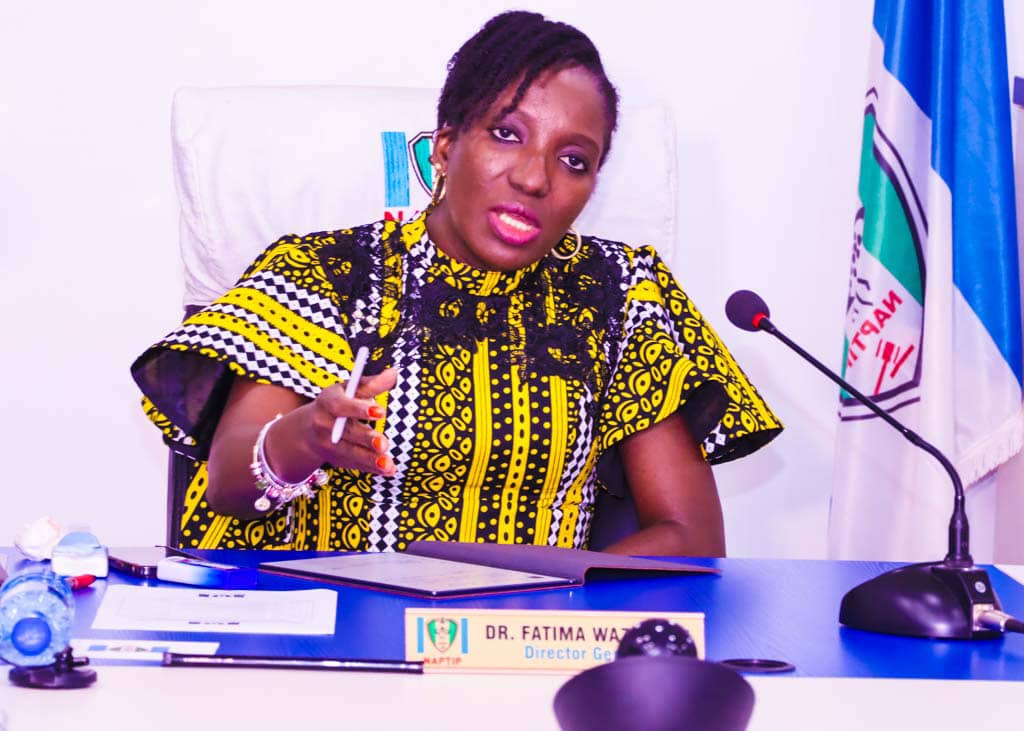
The National Agency for the Prohibition of Trafficking in Persons says no fewer than 25,000 trafficked Nigerian women and girls are trapped in Mali.
The Commander of the Benin Zone of NAPTIP, Mr Nduka Nwanwenne, gave the figure on Tuesday at a workshop organised for media professionals in Lagos.
The News Agency of Nigeria reports that the workshop was to develop the capacities of the participants in creating awareness about the dangers of human trafficking.
It was organised by NAPTIP in collaboration with FIIAPP — International and Ibero-American Foundation for Administration and Public Policies—and Action against Trafficking in Persons and Smuggling of Migrants in Nigeria (A-TIPSOM).
He said, “NAPTIP’s investigation into this category of victims revealed that they were attracted to Malian men because they spend more money on women compared to Nigerian men.
“The second major reason is that Malian men are proud of sleeping with women from Nigeria, the giant of Africa.”
Nwanwenne added that NAPTIP arrested over 9,102 human traffickers, out of which 604 were convicted while 20,660 victims were rescued between 2004 to May 2023.
The team lead for FIIAPP and A-TIPSOM, Mr Federico Millan, a Spanish police officer, said, “Prevention is important in tackling human trafficking, and the media is a major channel for creating awareness and protecting victims.”
Also, NAPTIP Director General, Prof. Fatima Waziri-Azi, identified Libya, the United Arab Emirates, Ghana, Cote d’Ivoire, and India as the top five countries that Nigerians are trafficked to in the world.
Waziri-Azi disclosed this on Tuesday in Abuja, during the Inaugural Joint Technical Working Group meeting on a memorandum signed between Nigeria and The Gambia to prevent, suppress, and punish trafficking in persons, especially women and children.
Waziri, “Top countries where Nigerians are trafficked in order of scale include Libya, the United Arab Emirates, Ghana, Cote d’Ivoire, and India. In 2022, as an agency, we received 1,440 reported cases, of which 412 were external trafficking cases and 1,028 were internal trafficking cases. We rescued and received 2,743 victims, out of which 1,454 were female adults, 688 were female children, 363 were male adults, and 233 were male children.
“Victims of human trafficking were 45; returned victims from outside Nigeria were 251; and intercepted victims from various border points were 1,484. Top on the list for trafficking in persons was sexual exploitation, followed by labour exploitation and domestic servitude.
“As a country, we have scaled our efforts to tackle this crime through our five broad strategic approaches of prevention, protection, prosecution, partnership, and policy.”
Also speaking during the meeting, the Executive Director of The Gambia National Agency against Trafficking in Persons, Isatou Dabo, said, “This MOU is an important step towards our concerted efforts in combating human trafficking between Nigeria and The Gambia. Collaboration is important because it will enable us to enhance our capacities and strengthen our efforts in the fight against the trafficking of persons. We believe the partnership will bring about groundbreaking impacts.”




